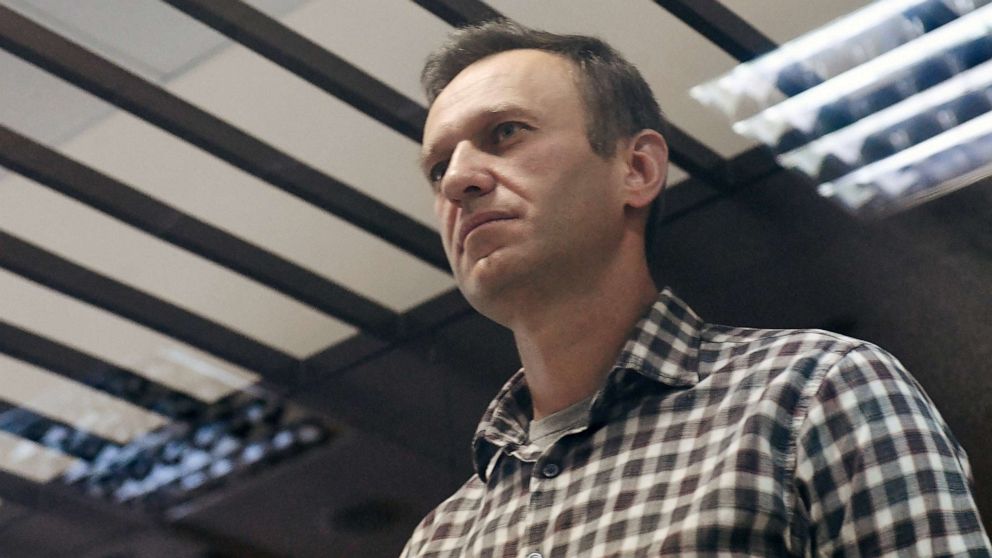The lawyers accused the prison authorities of blocking access to the opposition leader.
Lawyers for Russian opposition leader Alexey Navalny said they were concerned about his health in prison and accused authorities of blocking access to him.
Navalny, known as President Vladimir Putin’s fiercest critic, arrived at a penal colony some 60 miles east of Moscow earlier this month, where he was sent to serve a two and a half year prison sentence he received in one judgment widely criticized as political.
Navalny’s lawyers said on Wednesday that they had tried to make a scheduled visit to him in prison, Correctional Colony No. 2, but were prevented from seeing him by prison officials, whom they accused of hiding Navalny. Lawyers, Olga Mikhailova and Vadim Kobzev, said they feared Navalny’s health was getting worse in prison.
They said that Navalny had been suffering from back pain for several days and that one leg was numb and he was unable to stand. He was seen by a doctor last Friday, but has since been denied any treatment, apart from receiving two ibuprofen pills, lawyers said.
Navalny chose to return to Russia after narrowly surviving nerve agent poisoning last summer that was linked to Russian security services. His supporters fear that he may still face further attacks on his life in prison.
“In the circumstances that we all know, the marked deterioration in their well-being cannot fail to cause extreme concern,” the two lawyers wrote in a statement.
Following reports, the Russian Federal Prison Service announced on Thursday that it had carried out a medical examination in Navalny in prison and that his health was “considered stable, satisfactory”.
The prison where Navalny is being held in the Vladimirskaya region is famous among Russian prisoners for its rigidity and for frequently blocking access to lawyers and relatives of detainees. Prisoners spend most of the day on their feet and have virtually no free time, ex-convicts told ABC News and other media.
Denying prisoners adequate medical care is also routine in Russian prisons, according to human rights monitors. Inmates can spend weeks ordering medical tests before consulting a doctor and treatment is usually limited to ibuprofen tablets.
Navalny spent months recovering in Germany after his near-fatal poisoning with a nervous agent last August, which left him in a coma. Navalny, 41, had to relearn how to move, undergoing physiotherapy in Germany, but he appears to be recovering well. His doctors, however, said that the nervous agent Novichok can cause persistent nerve damage and other health problems.
In recent weeks, Navalny himself has posted optimistic messages from the prison through his lawyers. In messages from the penal colony this week, he compared prisoners being forced to line up every morning with the Stormtroopers in the “Star Wars” films.
Navalny’s team recently announced plans for a new street protest later this spring. Tens of thousands of people joined protests across Russia in late January, after Navalny was arrested after his return to Moscow. But after two weeks of intense repression that saw thousands of detainees, Navalny’s organizers canceled any other street demonstrations, saying that the movement needed to retain its strength and that it would be irresponsible to continue when it was clear that short-term demonstrations would not force the Kremlin to release Navalny.
Although the protests were extraordinarily large for Russia, they were easily dispersed by the authorities with the riot police. On the day of Navalny’s arrest, only a few thousand people demonstrated in Moscow.
Navalny’s team said it was taking a different approach and did not indicate a date for the new protest until about 500,000 people said they would attend, registering on a website created by Navalny’s group. After more than two days, the website shows that almost 247,000 people signed up to participate in the protest.
